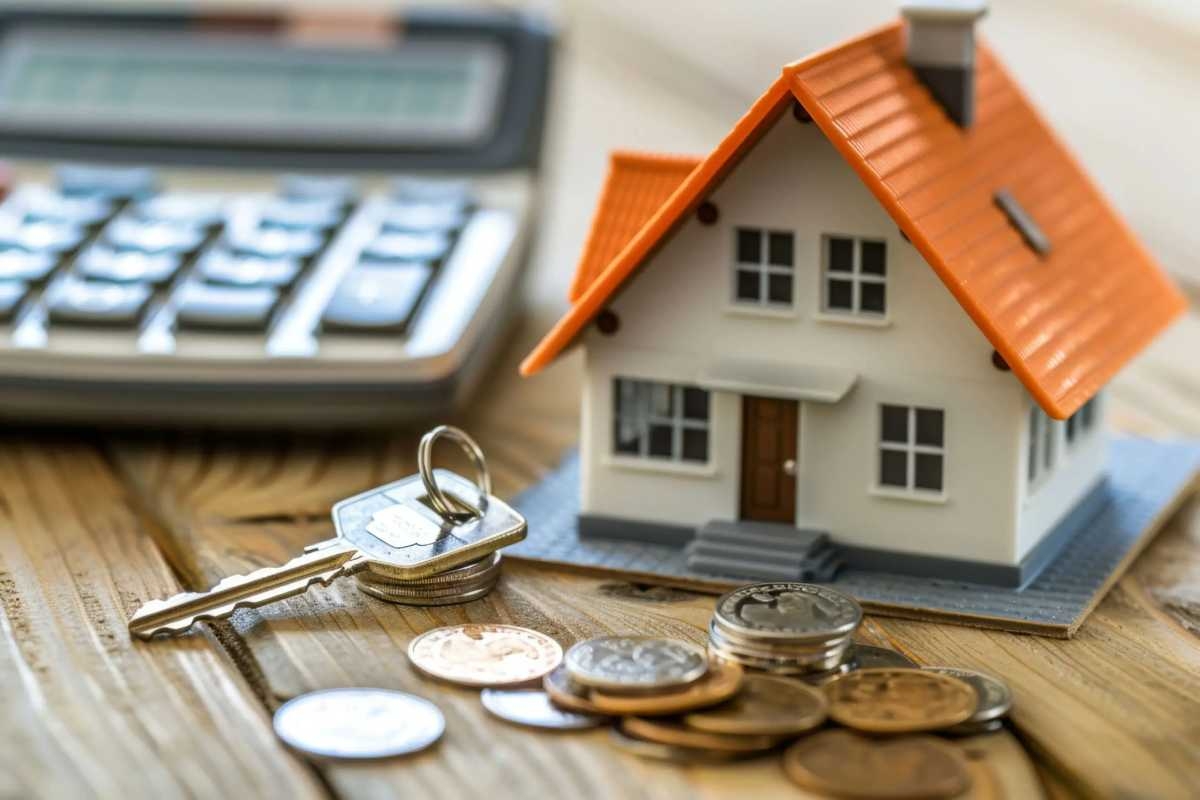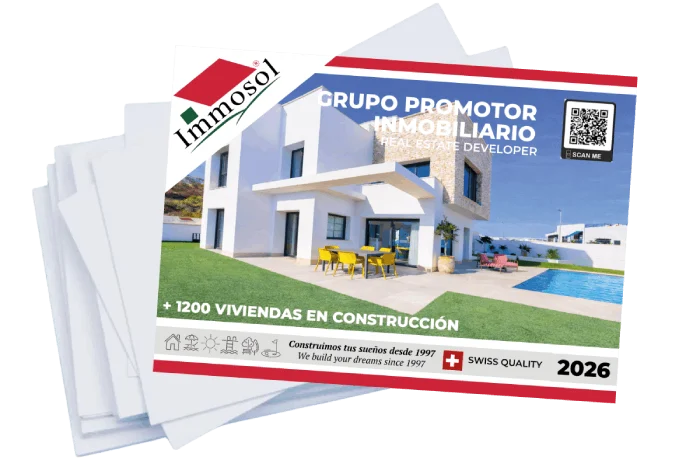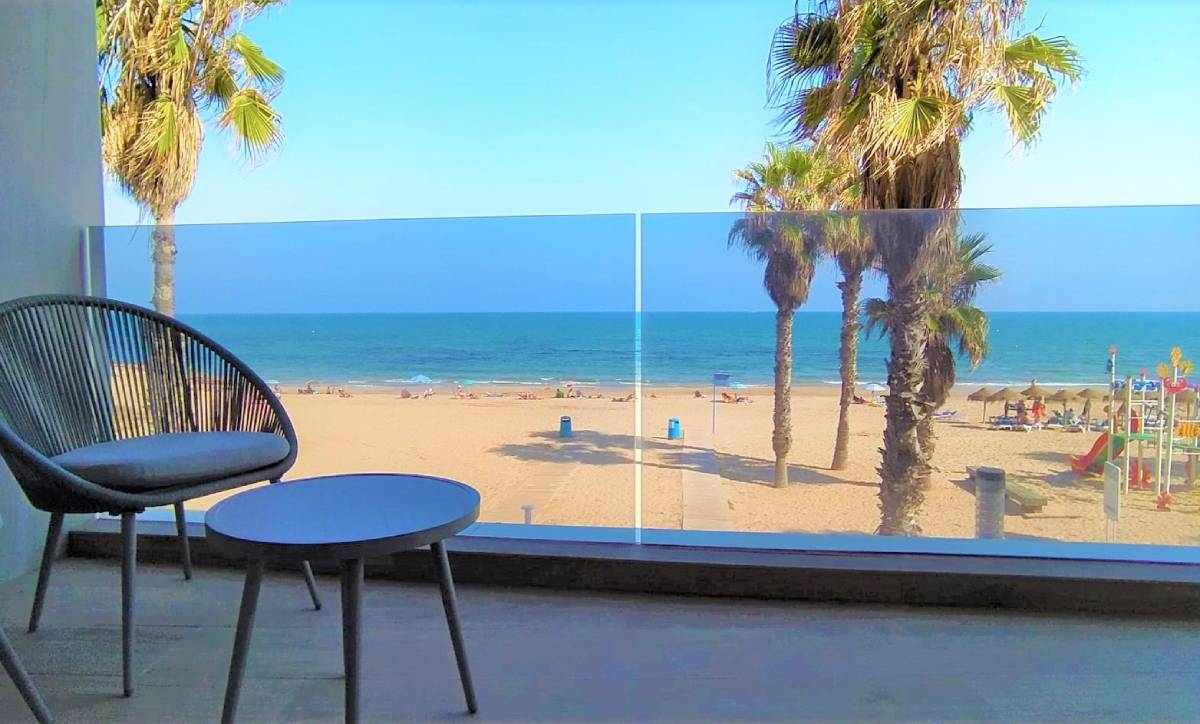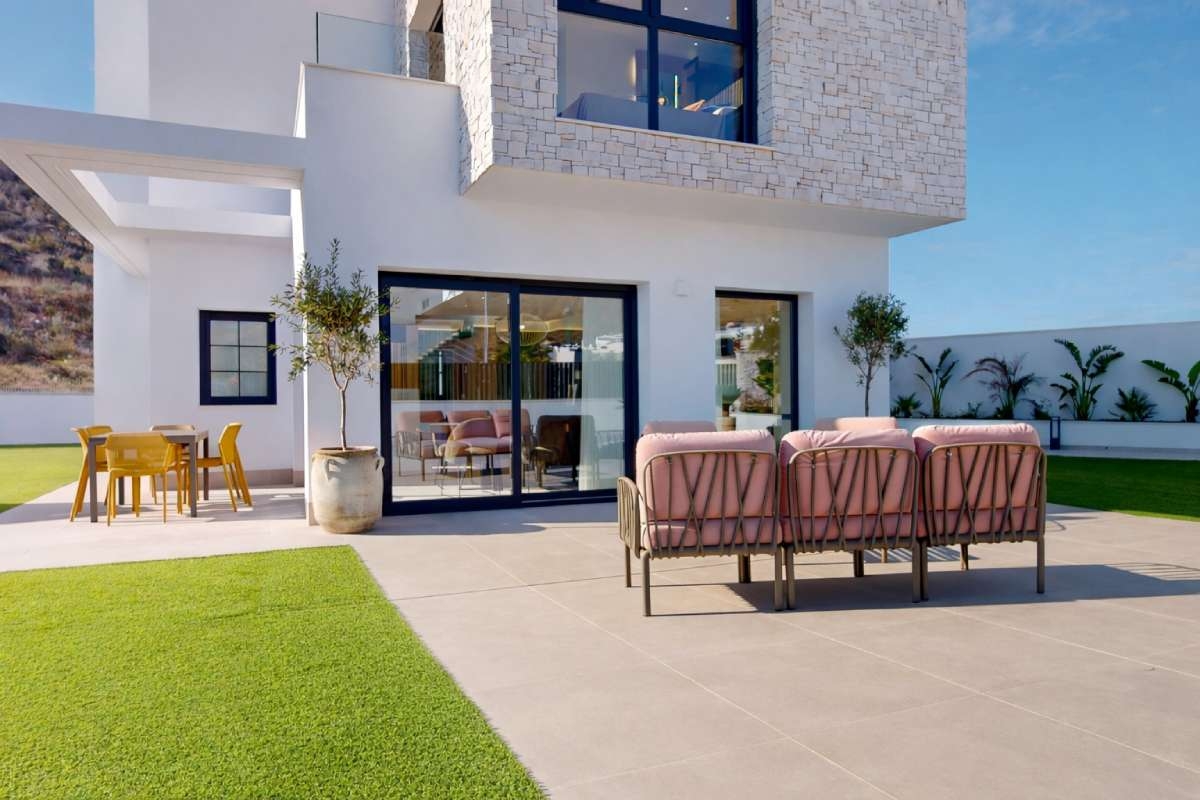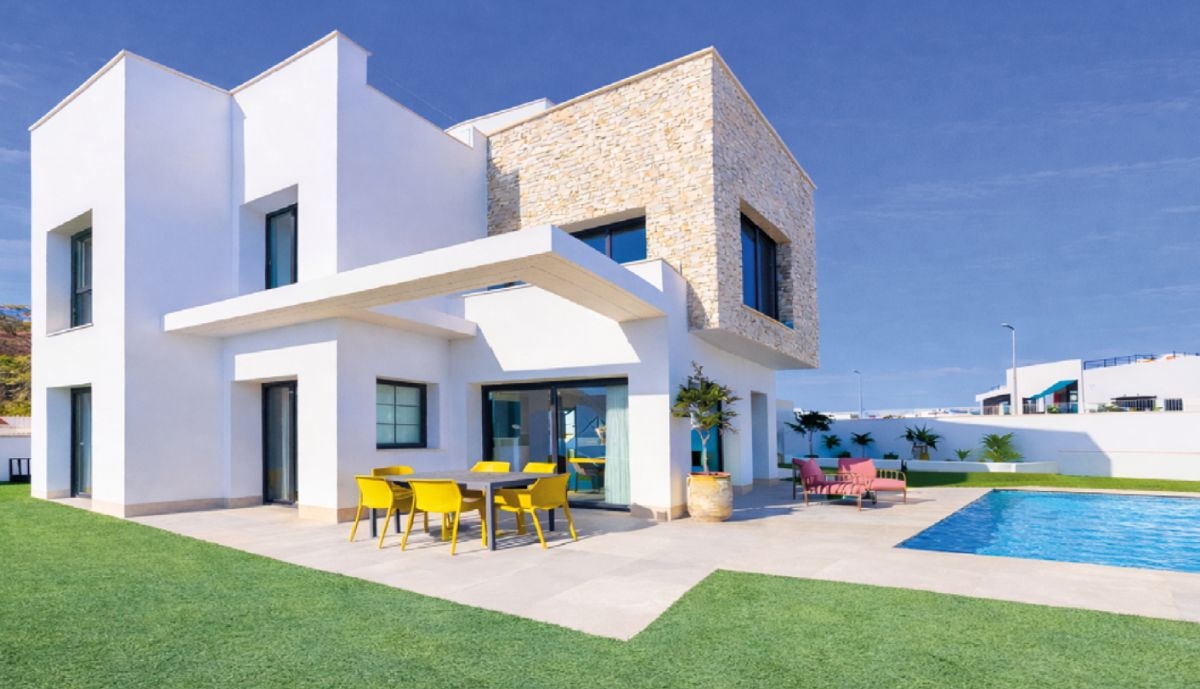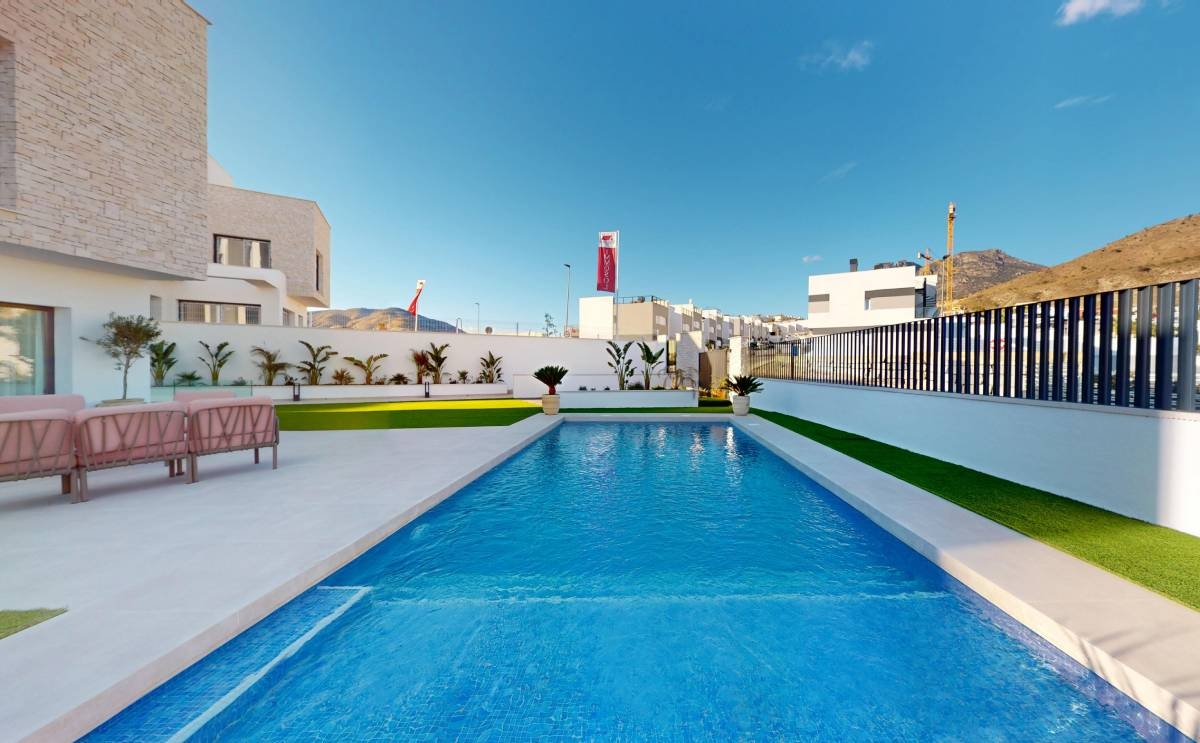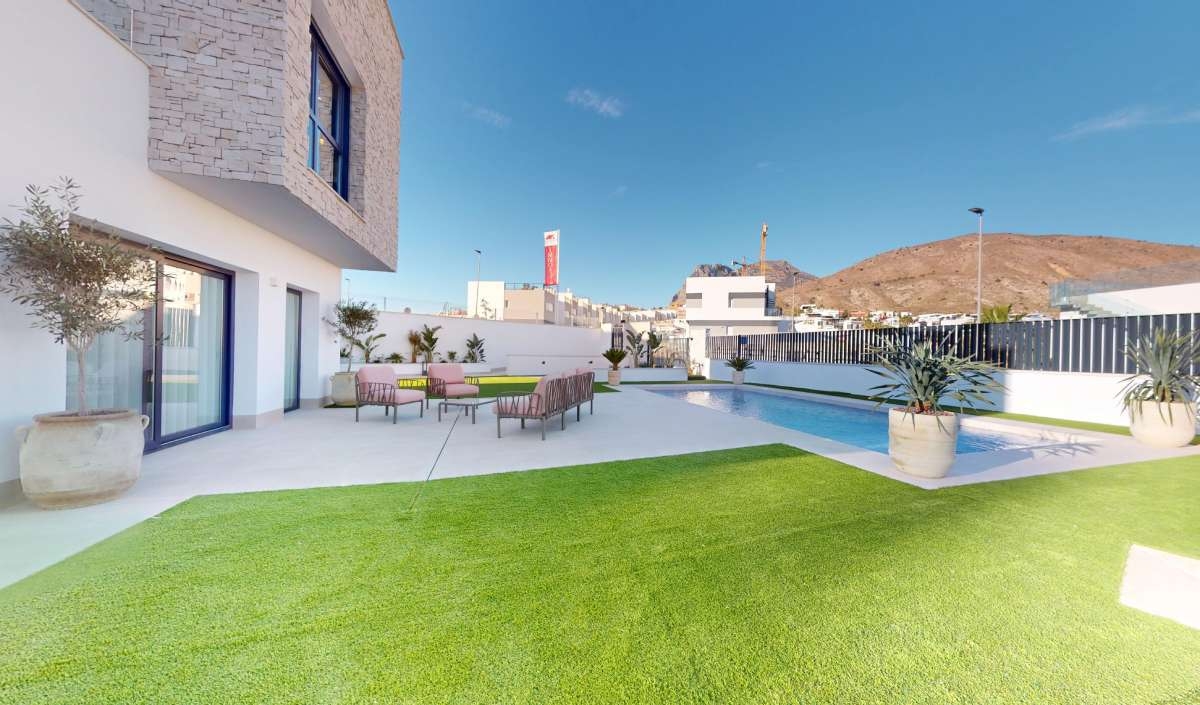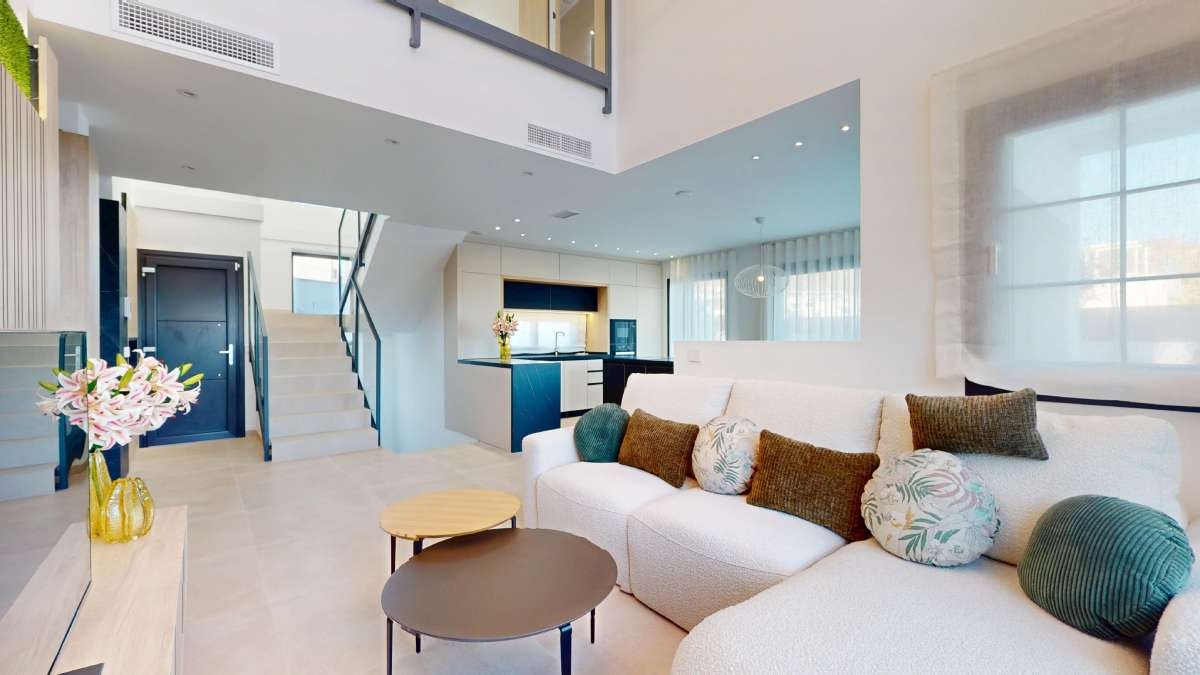If you are thinking about buying a house, you are probably also thinking about calculating a mortgage. And the fact is that, however much savings we may have, it is always interesting to calculate a mortgage. to know what options banks offer us. But, Is it possible to calculate your home mortgage in a few clicks as advertised by the banks? We tell you everything you need to know.
What does the bank take into account when granting a mortgage?
When we contact the bank to apply for the mortgage, the first thing it does is to carry out the following steps an economic study based on our income and indebtedness. This survey measures our ability to pay and tells the bank whether we are at risk of default.
As mentioned above, two things are measured in this study:
- Total household income. That is to say, the income of all buyers. This can be individual income if we buy alone, or the income of the marriage if we have a community of property. From the net total received in the household the debt ratio will be used as a starting point. For the calculation of revenues also other income received, such as rental income or dividends from investments, shall be taken into account..
- The debt ratio. It is the total monthly payments of the household, i.e. the sum of all payments such as loans, other mortgages, credit cards and in general, anything that involves a family debt. As a result, the debt ratio will be at gross income result - payments.
Therefore, although many websites offer you an online pre-approval. We cannot count on a real approval until the bank has all the data and finishes the economic study.
When will the mortgage be viable?
The bank will grant us the mortgage as long as the monthly expenses do not exceed 30-35% of our total income.
Let's look at an example:
- Monthly income: 2000 euros
- Monthly expenses: mortgage of 750 euros
In this case, the operation would not succeed because the total expenses (mortgage) amount to 37.5% of the income and the bank considers that the person may default.
Value of the property and valuation
These two concepts are also very important when calculating the mortgage. Since the 2008 crisis credit institutions are not offered as a general rule, more than 80% of the lower of purchase price and appraised value. This means that, for example, if we want to buy a house worth 200,000 euros but the official valuation is 180,000 euros, the bank would offer us the 80% of the latter value, which is the lower one.
Savings contributed
It is essential if we are going to buy a home that we have a certain amount of money saved. In the sale and purchase, in addition to the percentage that we must contribute per se in the transaction (20%), the derived expenses are also added: notary, appraisal, taxes and registration. These expenses are usually around 10% of the total value of the property. Therefore, if you are going to buy a house, you must have approximately 30% of the total value in savings. Although taxes and charges vary, the percentage of savings is very similar in new and second-hand buildings..
Types of mortgages
Once the operation is clear, we must choose the mortgage that best suits our needs.. In this case we have several options:
- Fixed mortgage: Currently, due to the rise of the Euribor, banks are not offering fully mixed mortgages. However, these types of mortgages are based on a single interest rate during the whole operation. This means that you will pay the same mortgage payment for the entire loan..
- Fixed mortgage with interest rate subsidy: this is the same case as the previous one, but this fixed interest rate depends on whether you have certain conditions contracted with the bank, such as home or life insurance, pension plans and direct deposit of salaries. As long as these conditions are maintained, there will be no problem. If you modify any of them (such as cancelling an insurance policy or changing your pay cheque, the mortgage will riseas it is reviewed every 6 months).
- Mixed mortgageThis type of mortgage is a mix between fixed and variable interest rates. During the first years of the life of the loan, you will have an interest rate that will always be the same and you will pay exactly the same mortgage amount. After the period agreed for the fixed mortgage has elapsed, will become variable and the interest rate, and hence the interest rate, the instalment shall be calculated by adding a percentage point to the Euribor interest rate at that time.
- Variable mortgageThis type of mortgage depends entirely on the percentage rate at which the Euribor is at any given moment in the life of the loan. Generally an interest rate of between 0.5% and 1% is added to the percentage rate of the Euribor.r. So, for example, if the Euribor is currently at 4.16% we would pay approximately 5.16% interest.
What type of mortgage is best for me?
There is no universal answer to this question. Fixed rate mortgages are always good in the sense that you know exactly how much you are going to pay each month.However, taking into account that banks are offering them at an interest rate equal to the variable rate + Euribor, in times when the Euribor is high, you will end up paying the same for both types of mortgage. However, with a variable rate, when this indicator goes down, you will save money otherwise you won't.
In order to choose a mortgage, the best thing to do is to study our personal situation. What interests us most at that moment and what are our plans for the future?.


